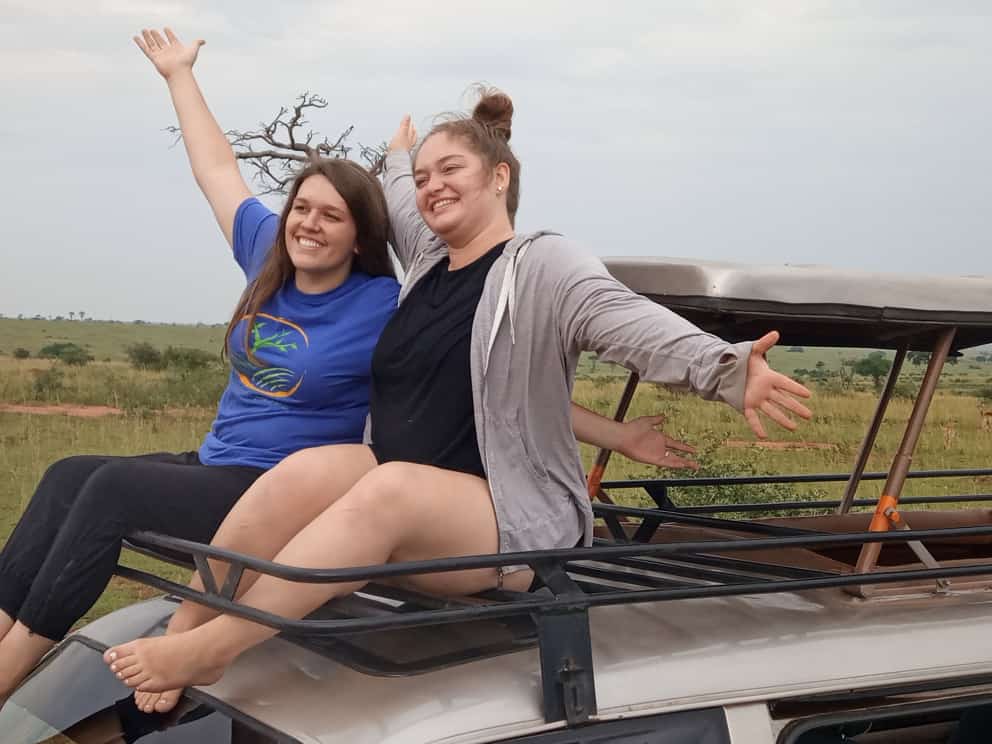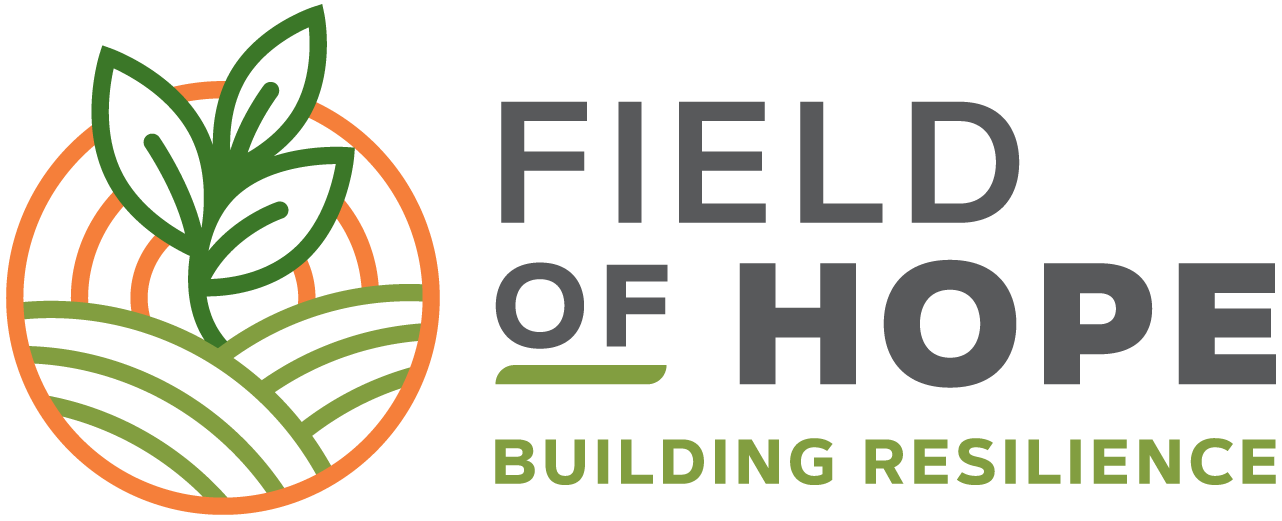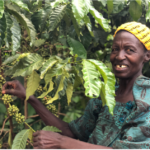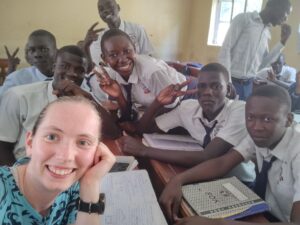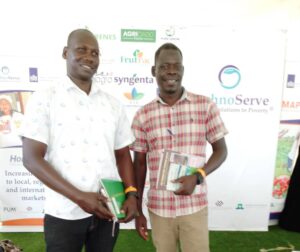When Multiple Places Become Home
On my first night back in Uganda, I wrote in my journal, “You don’t know how much you don’t know until you are standing face-to-face with a world you don’t know.” This statement came after a series of small challenges that left me feeling helpless to understand the directions, processes, and norms that I knew would be the new routine for my stay in Uganda. I remember thinking to myself, “this could not be further from life at home” and “it’s going to take a lot of adjusting to survive these next three months.”
I have traveled to many places that I casually referred to as “home” in conversation. In those cases, a mentioning of home indicated the discovery of things that reminded me of home in a new place. Familiar foods, a similar pace of life, traveling with friends, or concepts that were easily contextualized all made a temporary visit to a new place feel like home. There is a difference between a place that resembles home and a place that is home. Deep down, I know those places are not home.
When I think about the places that actually are home, two locations come to mind–my hometown and my college town. The events that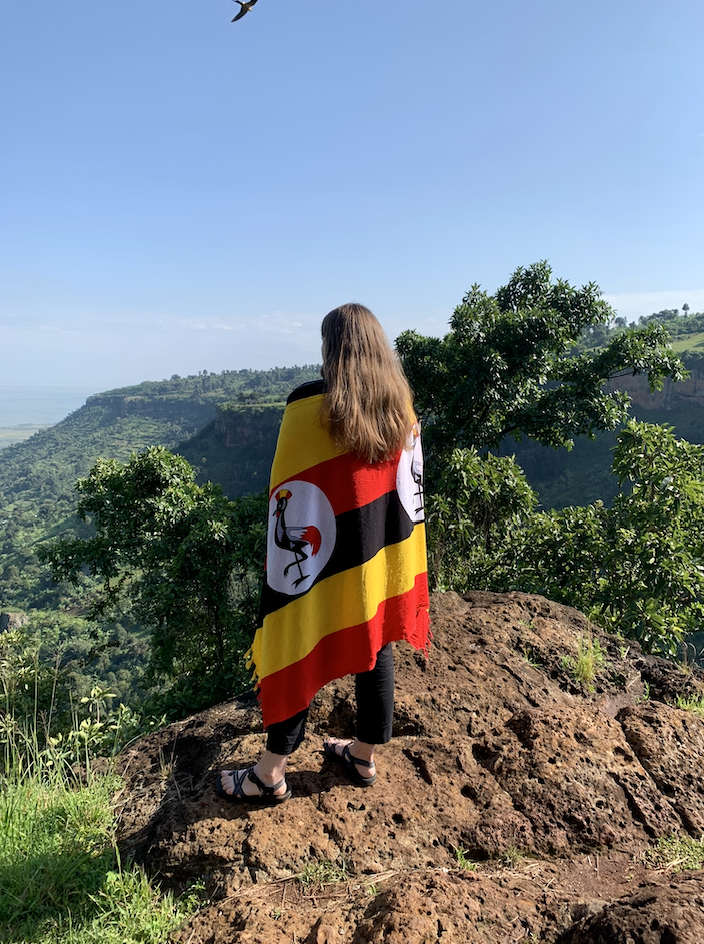 took place in these locations are what make them an actual home. They are the places I grew up, where I gained my independence, learned to take care of myself, and started to stand on my own two feet. They are the residence of the people I love, where my family and dearest friends are guaranteed to be found. They witnessed my biggest milestones, settings where my fondest memories, biggest challenges, and greatest feats all took place. They are the locations I return to time and time again, either physically or in heart, because I know something is waiting there for me.
took place in these locations are what make them an actual home. They are the places I grew up, where I gained my independence, learned to take care of myself, and started to stand on my own two feet. They are the residence of the people I love, where my family and dearest friends are guaranteed to be found. They witnessed my biggest milestones, settings where my fondest memories, biggest challenges, and greatest feats all took place. They are the locations I return to time and time again, either physically or in heart, because I know something is waiting there for me.
After two months living in-country, I would add Uganda to the list as the third place I call home. This place is comprised of more than just reflections of my other homes; in fact, in many ways life in Uganda still could not be further from life in my other homes. However, the challenges that caught me off guard on night one have grown into the routine activities that make Uganda home at day 57, and the events that made other places home have happened here as well.
This is how Uganda became home:
A place I grew up – Growing up is not limited just to our youth, but it is a process of constant learning that eventually yields wisdom and independence. Living in a foreign country requires you to start all over in the process of gaining knowledge. The completion of tasks that were once fundamental–like buying food, acquiring transportation, or locational orientation–suddenly become advanced undertakings. Then you must tackle the more complex tasks of understanding historical contexts, cultural norms, and societal expectations. When very little resembles what you are used to, you have to grow up all over again.
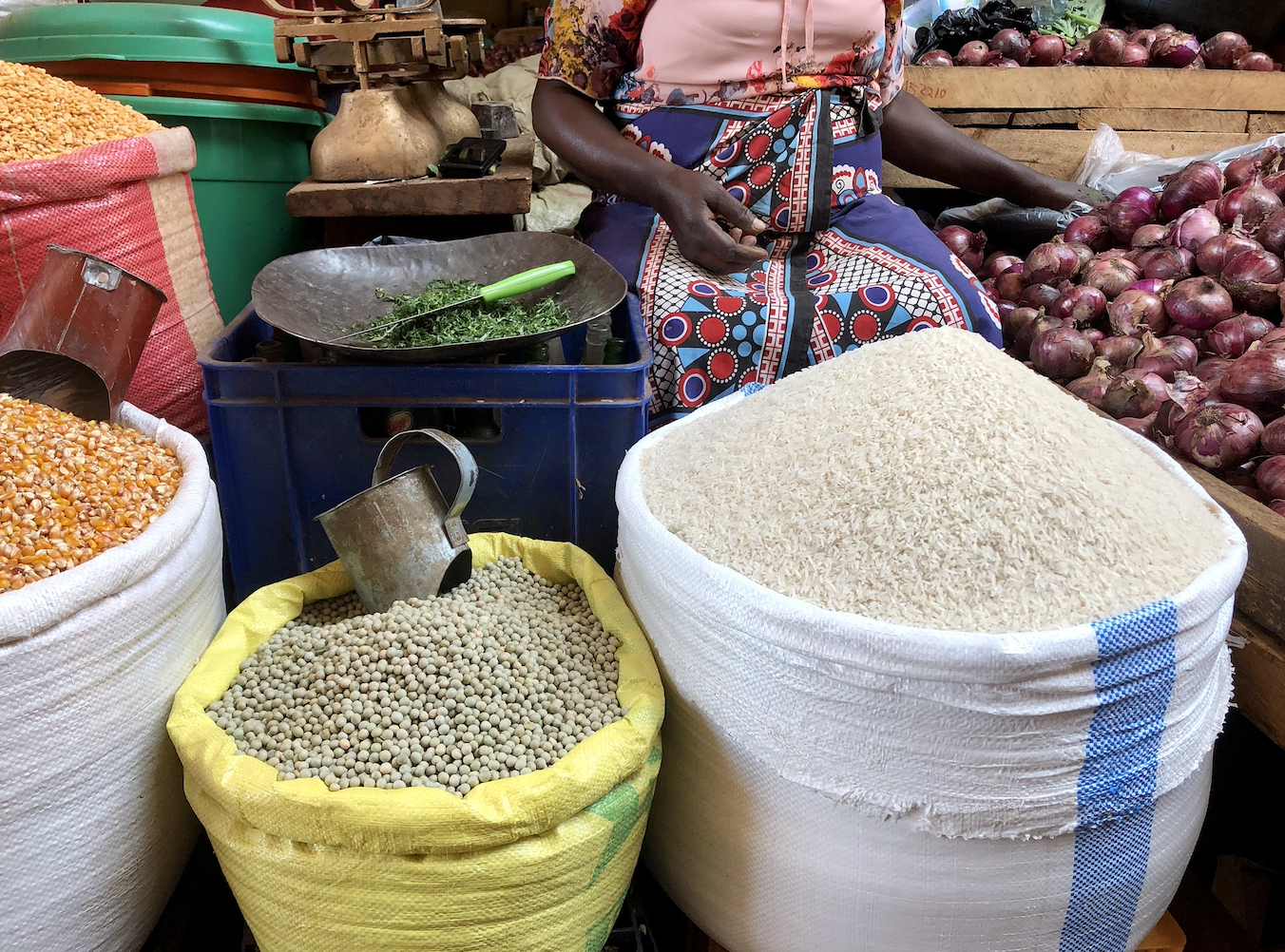
The residence of the people I love – In this process of “growing up” in Uganda, there are a few key people that have been present as constant guides. They are the place I turn with all my questions (and they can confirm, there are A LOT of questions); they build my courage when a task feels bigger than me; they are the gentle voice of correction and the source of all my laugher—they are my confidants, my support system, and my friends.
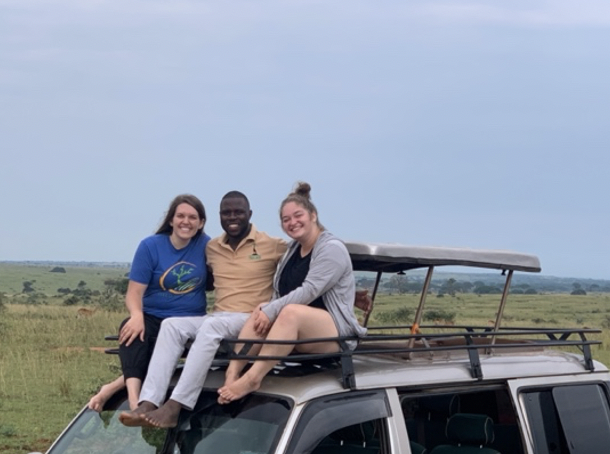 .
. 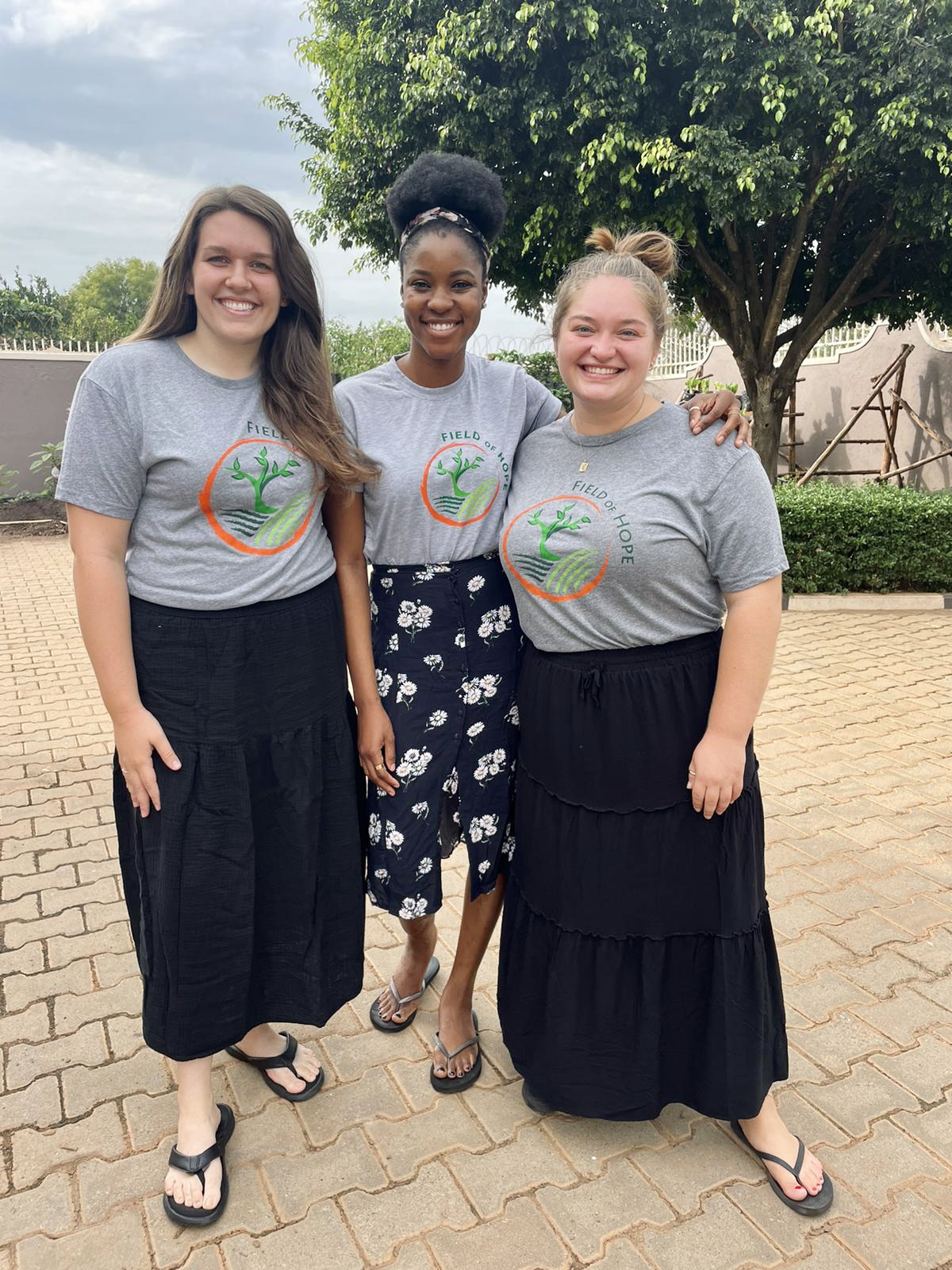
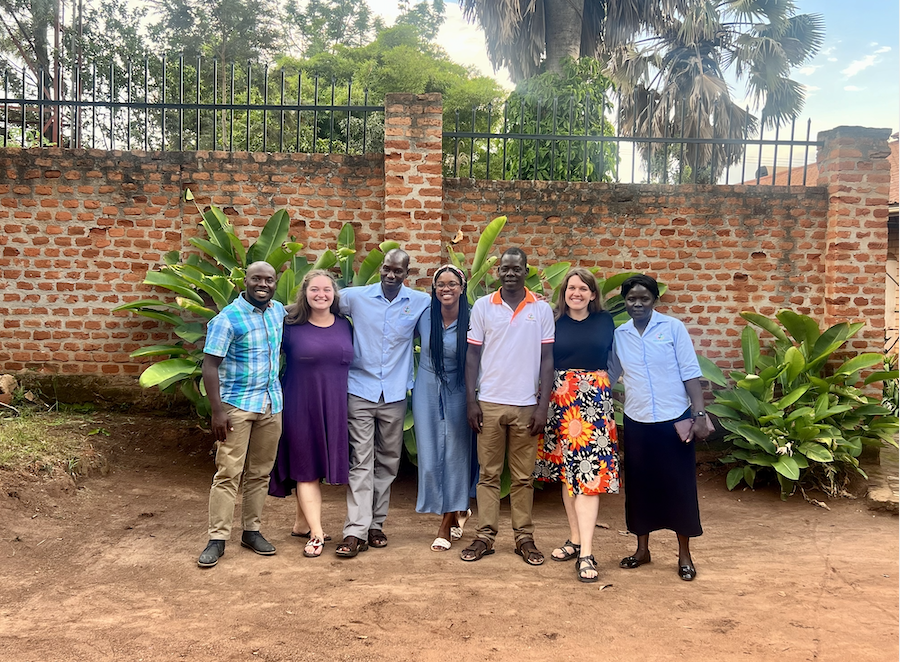
The witness of my biggest milestones – There is no doubt that Uganda now holds some of my fondest memories–car conversations, sliding through Sipi, training teachers, and seeing farmers empowered will forever hold a special place in my heart–but Uganda also holds the story of victory over some of my greatest challenges (we’ll save that conversation for a later post).
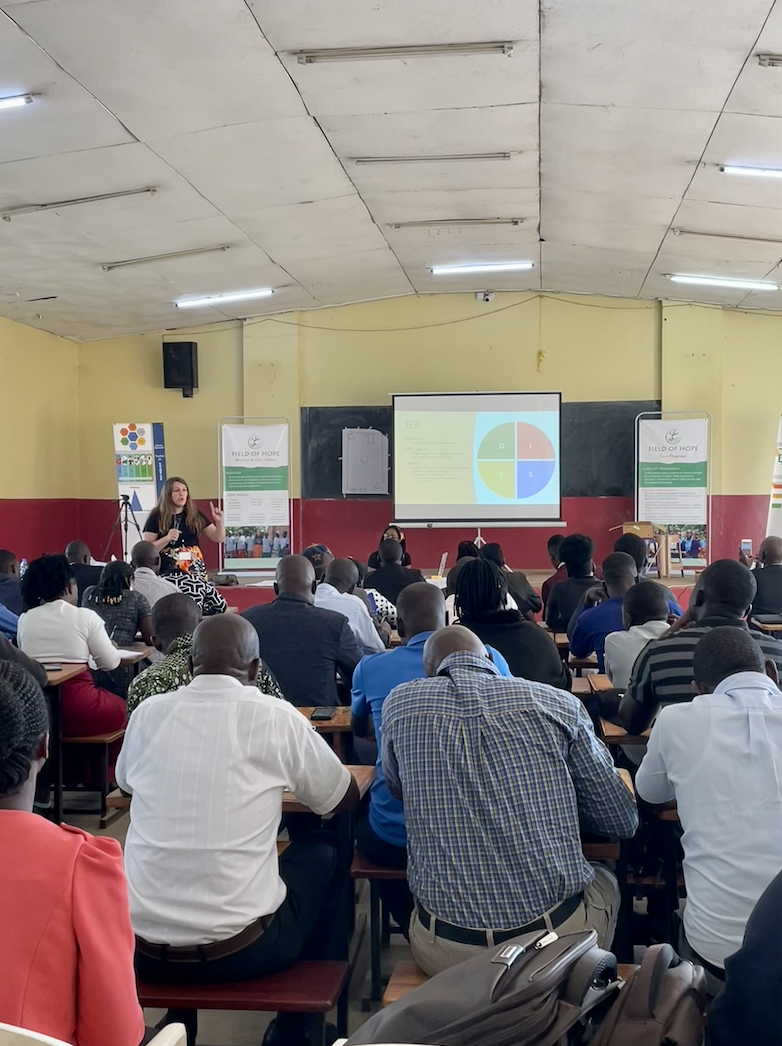
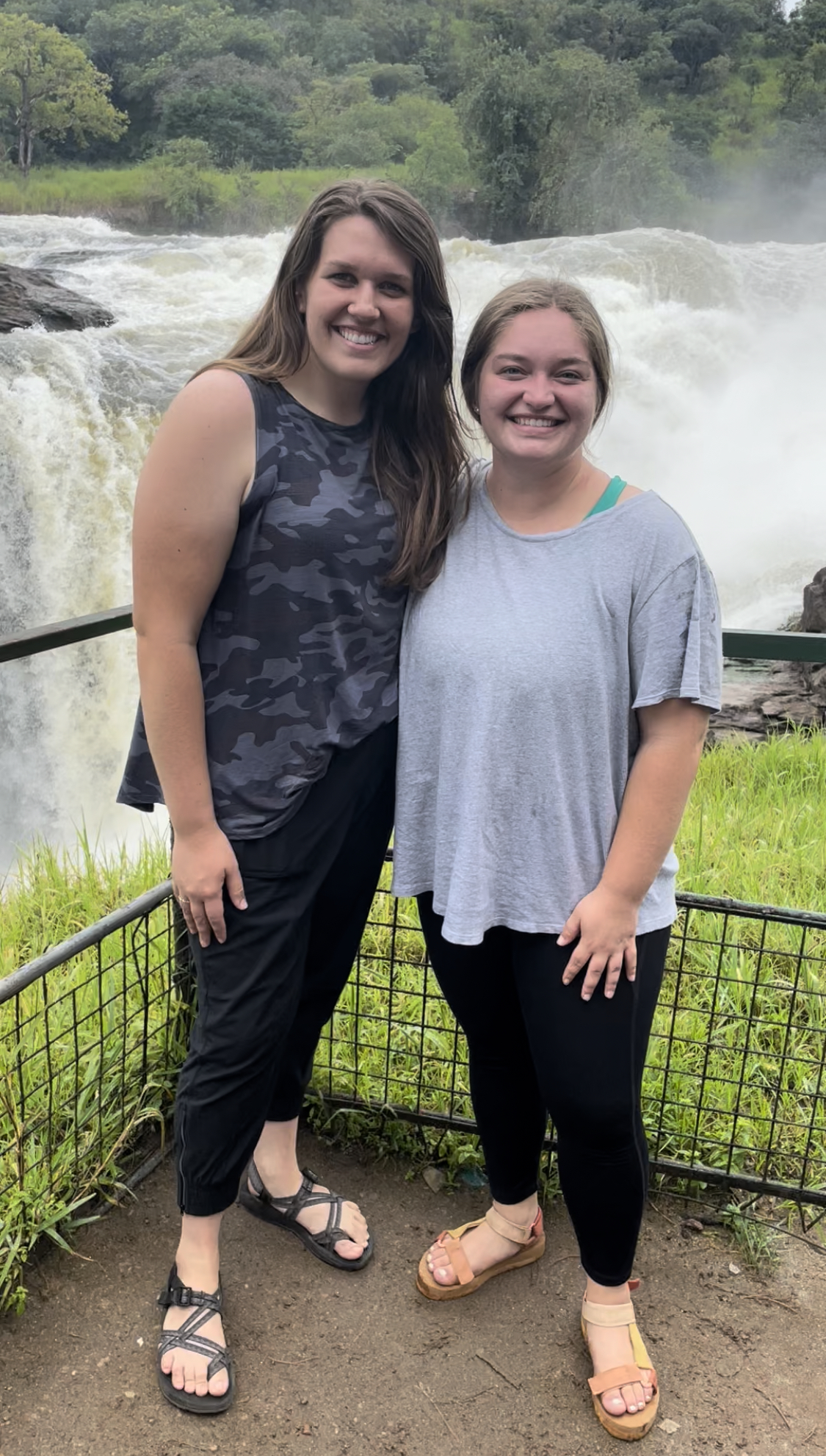
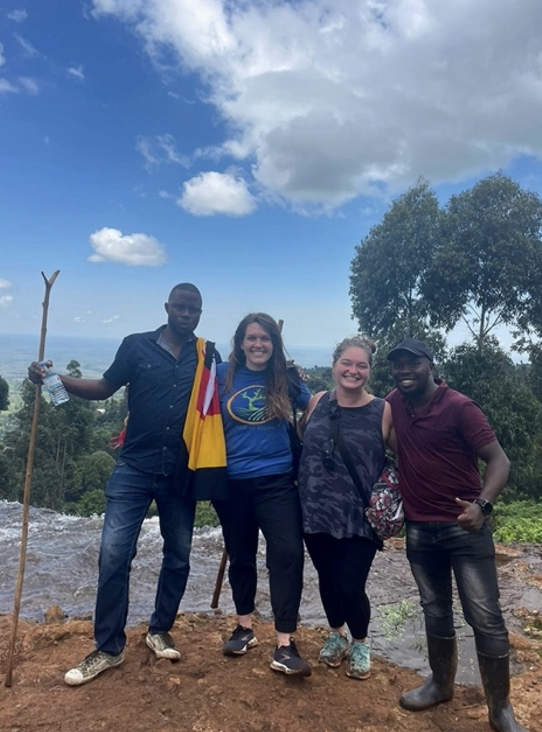 .
.
These are the things that make a place home–three places I treasure for the time, people, and growth they offered. Three locations I will return to time and time again, either physically or in heart, because I know something is waiting there for me.
